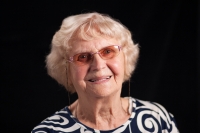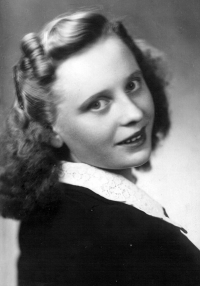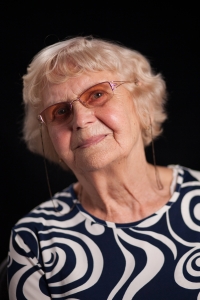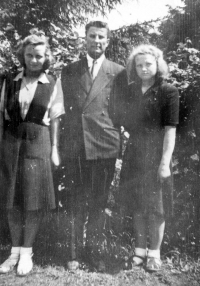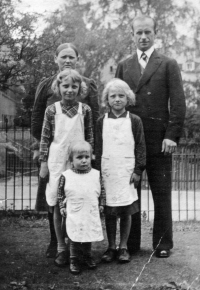Every government is God-given
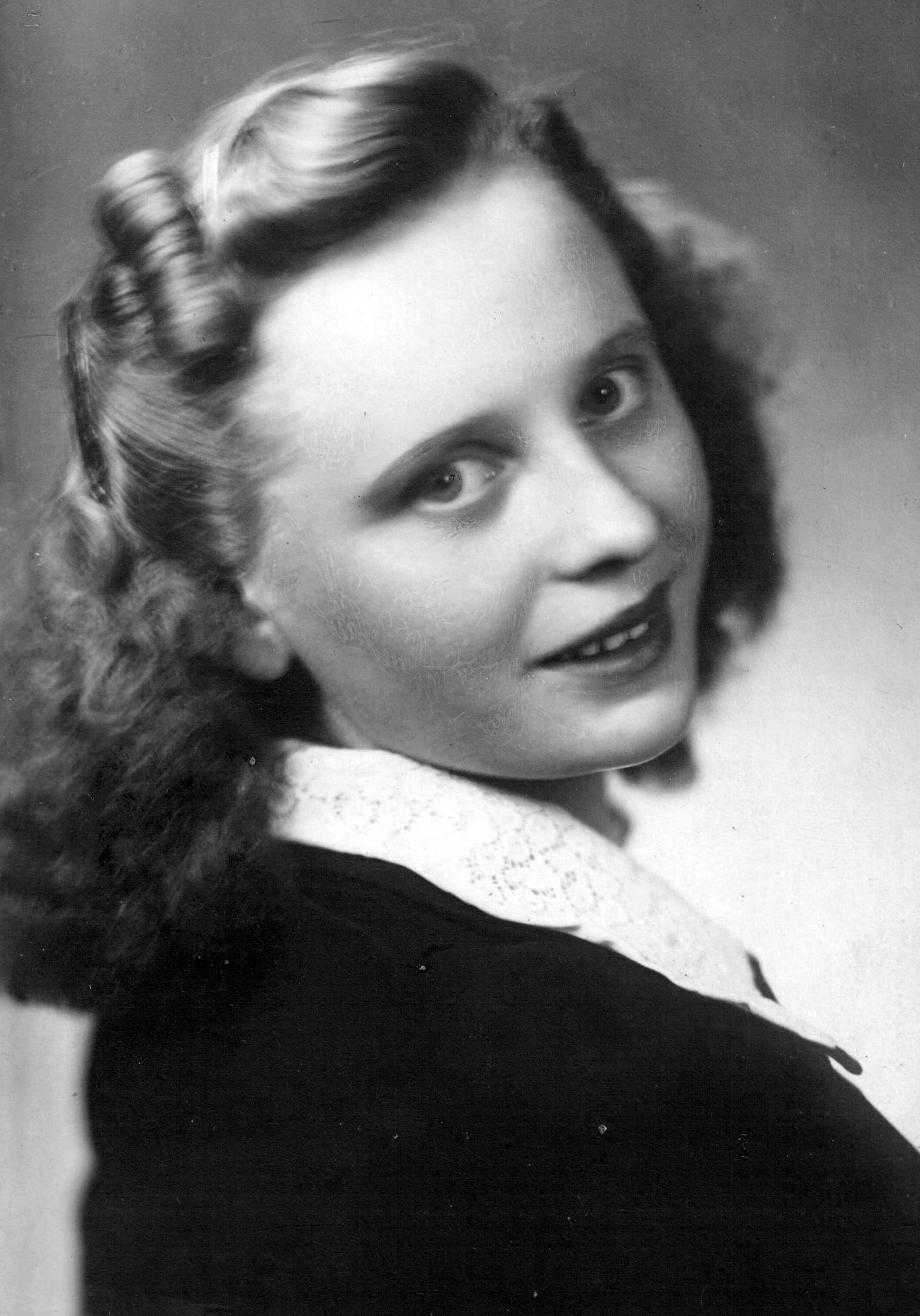
Download image
Olga Michalová was born on December 26th 1930 in the city of Rovno, Volhynia, in the then Poland. She was born into a family of Vilém Dušek, a shoemaker, and his wife, Ludmila, being the oldest of their six daughters. Her family descended from the emigres who left the country after the Battle of White Mountain, finding refuge in Poland. In 1936, Olga started to attend the Henryk Sienkiewicz school. In mid-September of 1939, she witnessed occupation of the eastern part of Poland by the Red Army. She saw soviet soldiers looting. Her family lost their possessions to the Communists and they were banned from attending services at a Protestant church. They also suffered from food shortages. In summer of 1940, the Dušek family left the Soviet zone and moved to the village of Pabianice near Lodz on the territory occupied by the Germans. There they had experienced better living conditions. Her father had to work in the German shoe-making factory in Gorzów – Landsberg. Olga took care of her younger siblings and helped her mother in these difficult times. In January 1945 Pabianice had been taken by the Red Army. Olga survived fighting and looting herself hidden in a shelter. In summer 1946 the Dušek family accepted an offer of repatriation and went to Czechoslovakia by train. Until 1948 the family managed to farm the land in Lisov near Stod. Olga had been studying at a housekeeper school in Stod from 1945 to 1948. As the family had no experience in agriculture they relocated to Aš in 1948. Olga had been working as a seamstress. While working she graduated from a technical school and later had been working as an estimator at a directorate. In 1949 she married Václav. Her husband left for the West in 1950. He came back for Olga twice yet she refused to leave the country. On his second run, he had been arrested by the State Security. He had been sentenced for 23 years in prison. Olga had been interrogated for two days, then she was released. On September 11th 1951 she witnessed the mass escape across the border by train in Aš (the so-called Freedom Train). After visiting him in Leopoldov prison for seven years Olga divorced Václav. In 1961 she married Josef Michal. After the wedding she converted to the Union of Brethren Baptists. In 1966 she adopted an eight month old baby from an orphanage with her husband. She moved to Cheb with her new family and has been living there since 2020.
